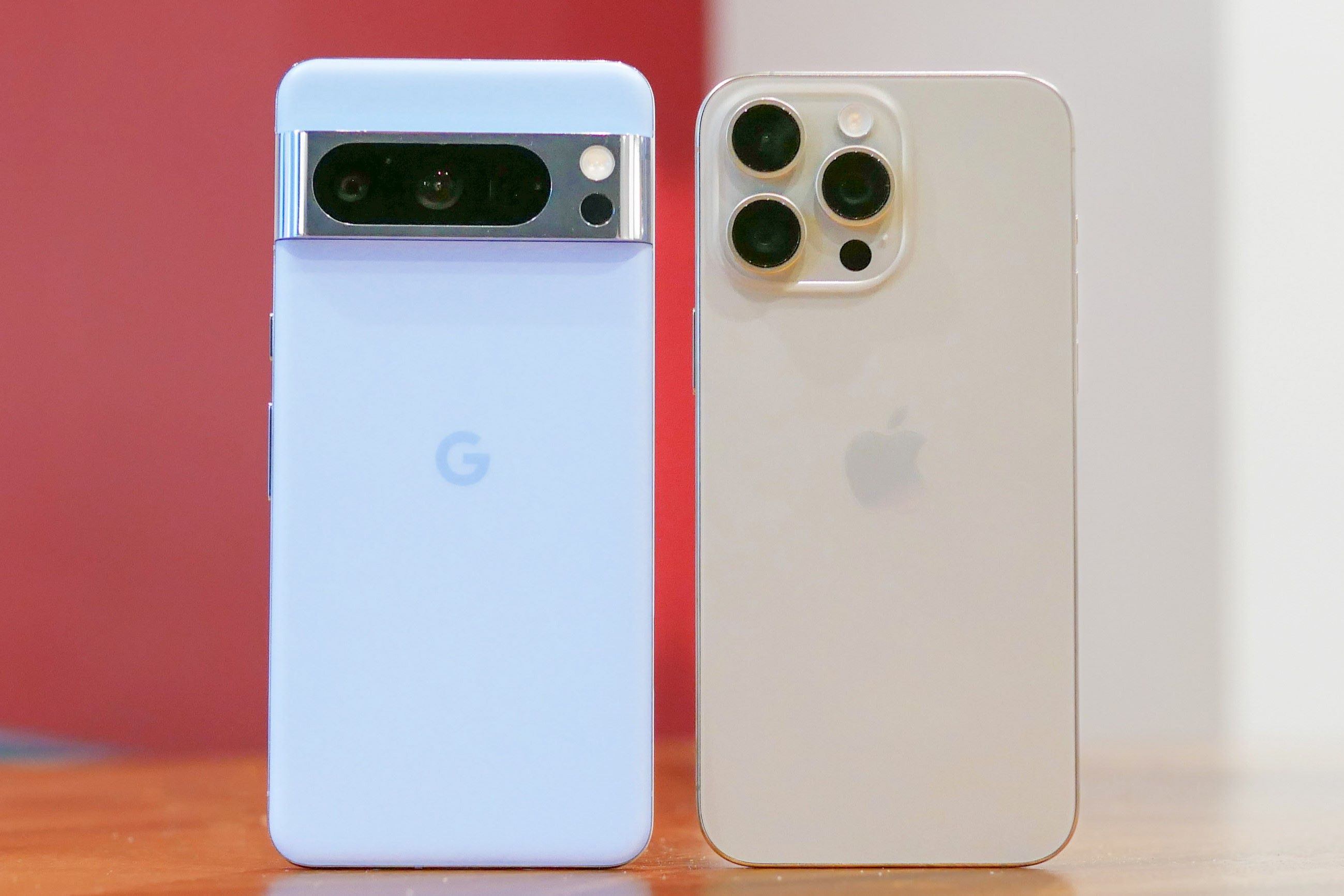
Introduction
The smartphone industry has evolved significantly since Apple launched the first iPhone in 2007. This device revolutionized phone interaction with its touch interface and sleek design. Android, developed by Google and released in 2008, quickly followed with its own innovative features. Unlike the iPhone, Android is open-source, allowing various manufacturers to create devices running the Android OS. This has resulted in a wide range of Android phones, from budget-friendly options to high-end models.
User Experience
iPhone
- Known for providing a smooth, secure, and seamless user experience.
- Appeals to those who value simplicity and integration with other Apple products.
Android
- Offers more customization options and a variety of devices to choose from.
- Ideal for users who love tweaking settings and having many choices.
Security
iPhone
- Generally considered more secure due to Apple's strict control over both hardware and software.
- iOS gets regular updates, and the App Store has rigorous vetting processes to ensure app quality.
Android
- Can be secure but relies more on the user to keep the device updated and avoid suspicious apps.
- Security largely depends on the manufacturer and how often updates are pushed.
Customization
Android
- Highly customizable with widgets, launchers, and themes.
- Users can personalize home screens, change app icons, and customize layouts.
iPhone
- Offers limited customization options.
- Users can change wallpapers and add widgets but cannot personalize home screens as extensively.
Hardware Choices
Android
- Vast array of options from brands like Samsung, Google, and OnePlus.
- Devices cater to different budgets and preferences.
iPhone
- Fewer models compared to Android devices.
- Known for premium build quality and sleek design using high-quality materials like glass and aluminum.
Ecosystem
iPhone
- Integrates seamlessly with other Apple products such as MacBooks, iPads, and Apple Watches.
- Provides a cohesive experience across all devices.
Android
- Offers integration with other devices but not to the same extent as Apple's ecosystem.
- Google has been improving this aspect with features like Google Assistant and Google Drive.
Market Share and Popularity
Android
- Accounts for about 70% of the global smartphone market.
- Wide variety of devices available at different price points.
iPhone
- Makes up around 25% of the global smartphone market.
- Particularly popular among younger and more affluent users who value brand prestige and seamless integration with other Apple products.
Historical Context
Evolution of iPhone
- Launched in 2007, revolutionizing the smartphone industry with its touch interface and sleek design.
- Apple has released numerous models, each adding new features like better cameras, faster processors, and improved displays.
- Consistently sets trends influencing the entire smartphone market.
Evolution of Android
- Debuted in 2008 as an open-source platform developed by Google.
- Allows various manufacturers to create devices running the Android OS.
- Flexibility and customization options have made it a popular choice worldwide.
Comparing Alternatives
Android Pros
- Customization: Allows more personalization with widgets, launchers, and themes.
- Variety: Offers a wide range of devices from different manufacturers.
- Affordability: Provides options at various price points, making it accessible to a broader audience.
- Productivity: Often has better multitasking capabilities and more features tailored for productivity.
Android Cons
- Security Risks: Can be more vulnerable to security risks if not properly maintained.
- Fragmentation: Different manufacturers may have different software update schedules, leading to fragmentation issues.
- Complexity: Can be overwhelming for new users due to numerous customization options.
iPhone Pros
- User Interface: Smooth and intuitive design.
- Ecosystem: Seamless integration with other Apple products.
- Security: Strong privacy controls and regular updates ensure high security standards.
- Premium Build Quality: Known for its premium build quality using high-quality materials like glass and aluminum.
iPhone Cons
- Limited Customization: Offers limited customization options compared to Android devices.
- Cost: Generally more expensive than many Android devices.
- Closed Ecosystem: While this provides security benefits, it also means limited compatibility with non-Apple devices.
Choosing Between Android and iPhone
Deciding between Android and iPhone boils down to personal preference. If you love tweaking settings and having many choices, Android might be your best bet. If you prefer a smooth, integrated system with reliable support, iPhone could be the way to go. Both have their strengths, so think about what matters most to you—whether it's flexibility or simplicity, there's a smartphone out there that fits your needs.
Which is Better?
The debate for iPhone vs Android doesn't have an overall winner. While Android wins in variety and productivity, the iPhone is a better buy for video creators and MacBook users. On one hand, there's cutting-edge tech with foldables running Android; on the other hand, there's a reliable bet with iPhones running iOS.
